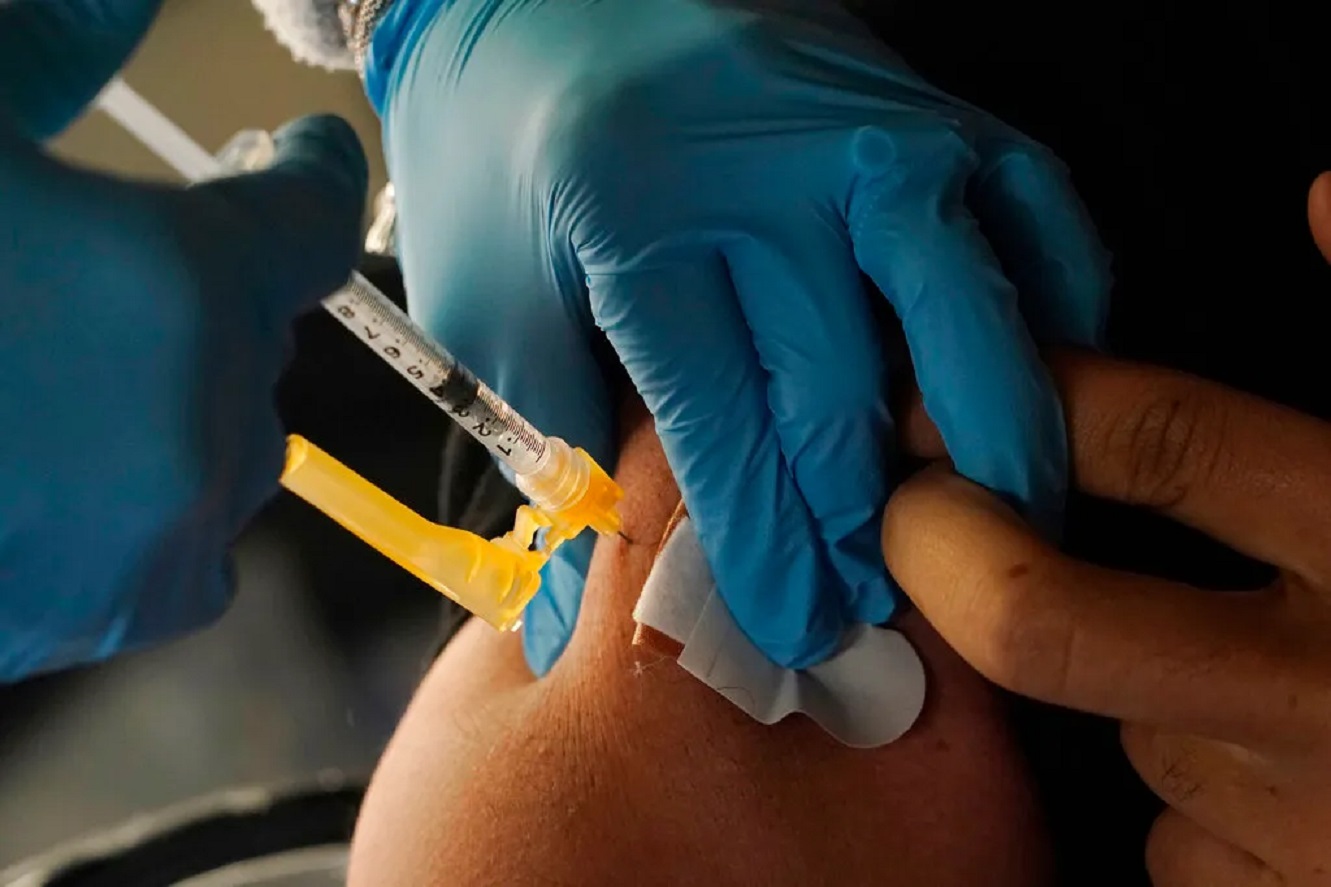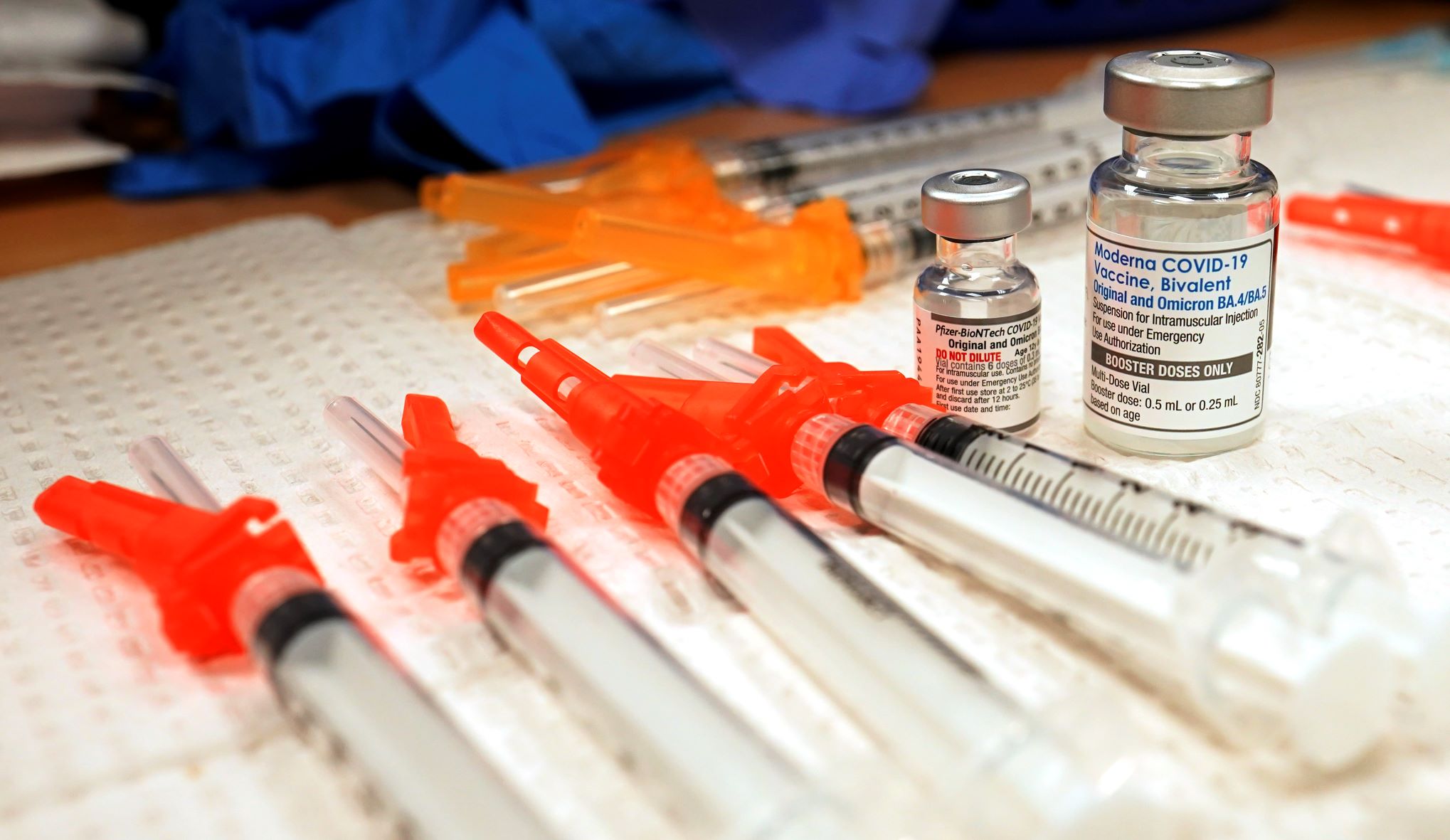The Centers for Disease Control and Prevention (CDC) stated on Friday that it is “very unlikely” the Pfizer omicron booster poses a risk of stroke for seniors, following an investigation into a preliminary safety concern flagged by one of its monitoring systems.
In a statement posted on its website, the CDC explained that its Vaccine Safety Datalink (VSD) had identified a potential risk of stroke among individuals aged 65 and older who received the Pfizer booster targeted against the omicron variant of Covid-19. The CDC first noted this issue in late November.
By mid-December, the CDC initiated an investigation to determine whether seniors might have an increased likelihood of experiencing a stroke within the first 21 days after receiving the Pfizer omicron booster. Notably, no similar preliminary signal was detected for Moderna’s booster.
According to a CDC spokesperson, the VSD monitoring system reported that among approximately 550,000 seniors who received the Pfizer omicron booster, 130 individuals aged 65 and older experienced a stroke within 21 days following vaccination. No deaths have been reported in connection with this issue, as initially reported by The Washington Post.
Thus far, no other surveillance system has identified a comparable safety concern related to the Pfizer booster, the CDC confirmed.
After reviewing data from the Center for Medicare and Medicaid Services, the Department of Veterans Affairs, the Vaccine Adverse Reporting System, and Pfizer’s global safety database, investigators found no increased risk of stroke associated with the Pfizer booster.

“While current data suggests it is highly unlikely that the VSD signal indicates a genuine clinical risk, we believe it is important to disclose this information publicly, as we have done previously, when our safety monitoring systems detect any signals,” the CDC stated in its website post.
The CDC clarified that these monitoring systems frequently detect safety signals influenced by factors other than the vaccine itself.
The agency anticipates obtaining additional data in the coming weeks to gain a clearer understanding of the situation.
The investigation findings will be deliberated at an upcoming meeting of the Food and Drug Administration’s panel of independent vaccine experts scheduled for January 26.
Responding to the concerns, Pfizer emphasized in a statement on Friday that there is no evidence supporting an association between ischemic stroke and its Covid vaccine.
Pfizer spokesperson Kit Longley underscored that neither Pfizer nor its partner BioNTech, alongside the CDC or FDA, have identified such an association in multiple monitoring systems across the United States and globally.
“Compared to the published incidence rates of ischemic stroke in this older population, the companies have observed a lower number of reported ischemic strokes following vaccination with the omicron BA.4/BA.5-adapted bivalent vaccine,” Longley stated.
The CDC has not altered its recommendation for the Pfizer omicron booster.
Eligibility for the booster includes everyone aged 5 and older who has completed their primary vaccine series, with the youngest children aged 6 months to 4 years receiving the omicron shot as their third dose in the primary series.
